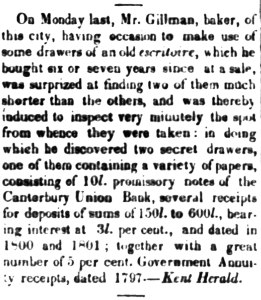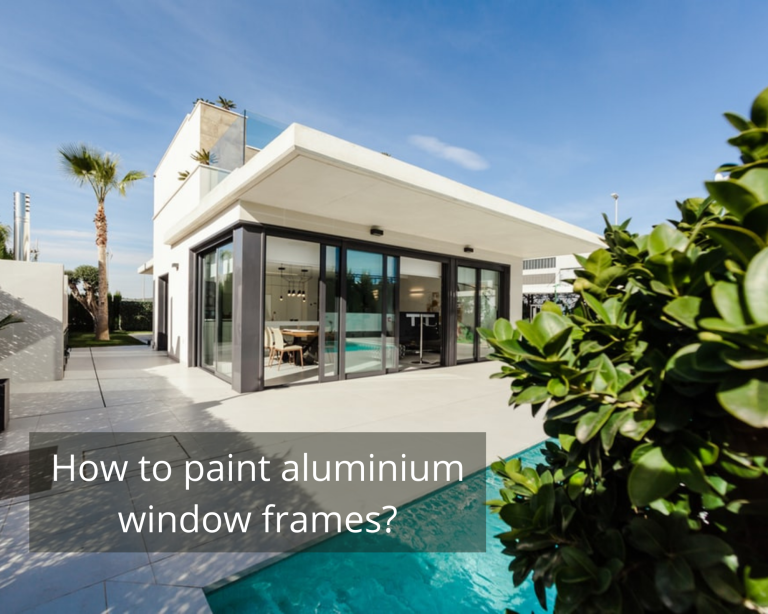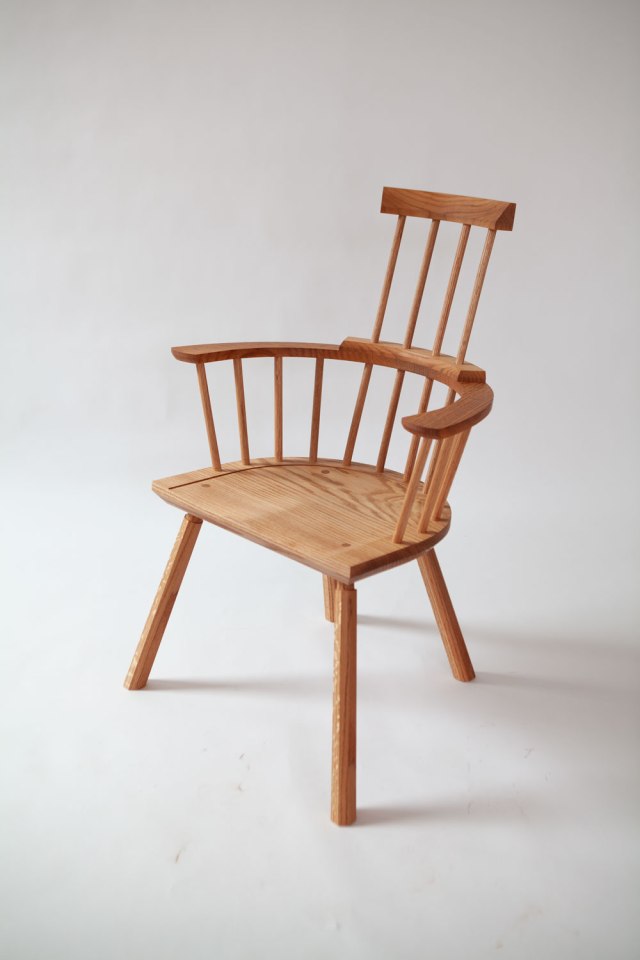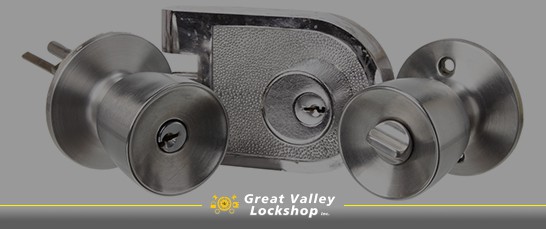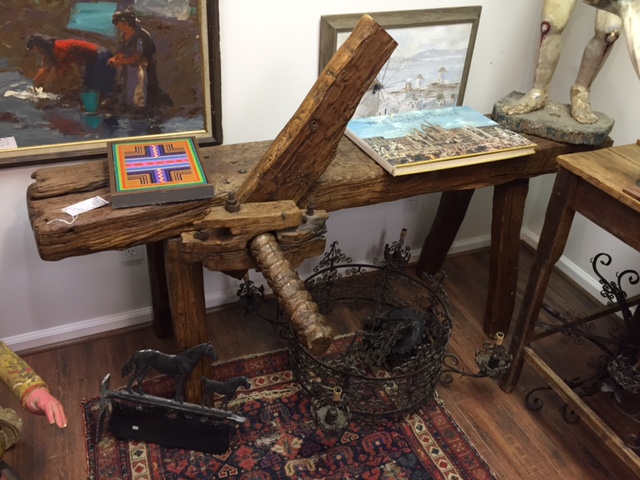Boxing clever? vs. lock boxes – Life Unlocked
At Klevio, we spend a lot of time discussing how to position ourselves in relation to smart locks. During these conversations, it can be easy to assume all our competitors are also tech companies operating in the Internet of Things space – but the reality is surprisingly more analogue.
We recently conducted a series of interviews with some of our customers who are short-let hosts or management companies. We do this regularly as part of their ongoing product development efforts and to understand more about specific verticals. And it turns out the Airbnb brigade are currently reliant on something a lot less sophisticated for access control; the everyday lock box.
These ubiquitous padlock-shaped boxes are by far the most common solution to self check-in; and a vital feature for any host wanting to qualify for Airbnb’s Plus or Work Collection. But while lock boxes are undeniably cheap and easy to install, are they actually as clever as they’re cracked up to be?
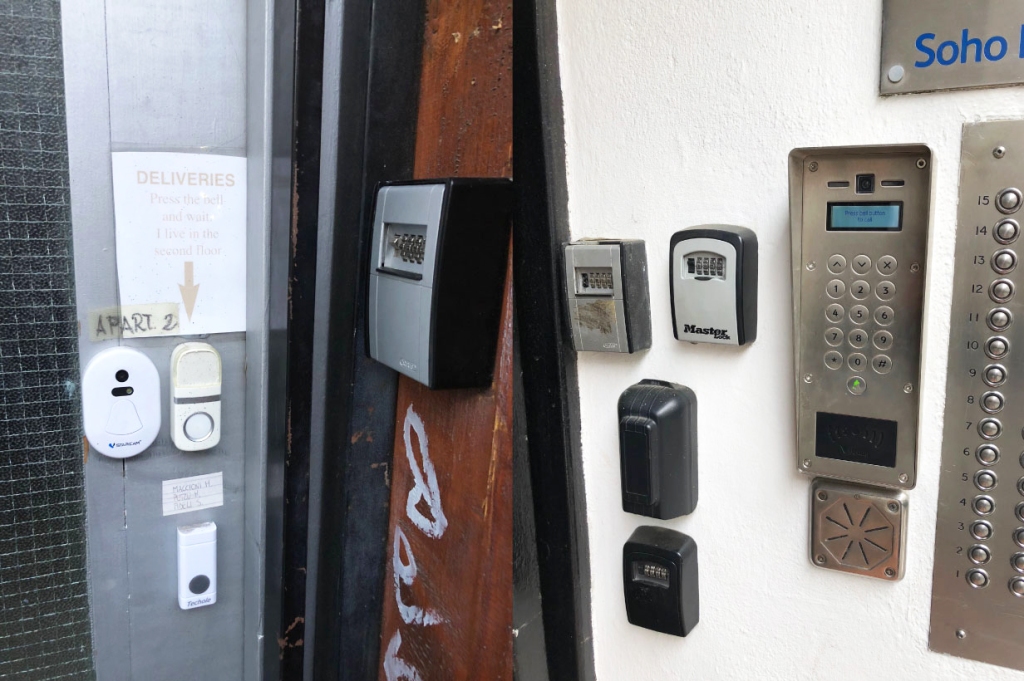
Our conversations uncovered five major flaws:
- They’re not actually that secure – Unless you’re able to reset the code between each stay (tricky if you’re travelling or don’t live nearby), there’s no way of preventing someone who’s previously been given the code from getting the keys again in future.
- They tend to raise objections – If you live in a flat and have to put your lock box outside your property or in your communal hallway, chances are your neighbours will have something to say about it (and possibly your property management company too).
- They advertise to burglars – No-one wants to draw attention to the fact their property is empty some of the time and yet nothing says “this property is periodically vacant” better than a visible lock box.
- Guests can’t find them easily – A consequence of hiding them somewhere discreet is that guests end up fumbling around (often in the dark) to find and open them, which is hardly a five-star welcome.
- They rely on departing guests returning the keys – for this all to work smoothly, departing guests have to return the keys to the lock box for the arriving guests to collect. But what if they forget, leaving your incoming guests locked out and irate?
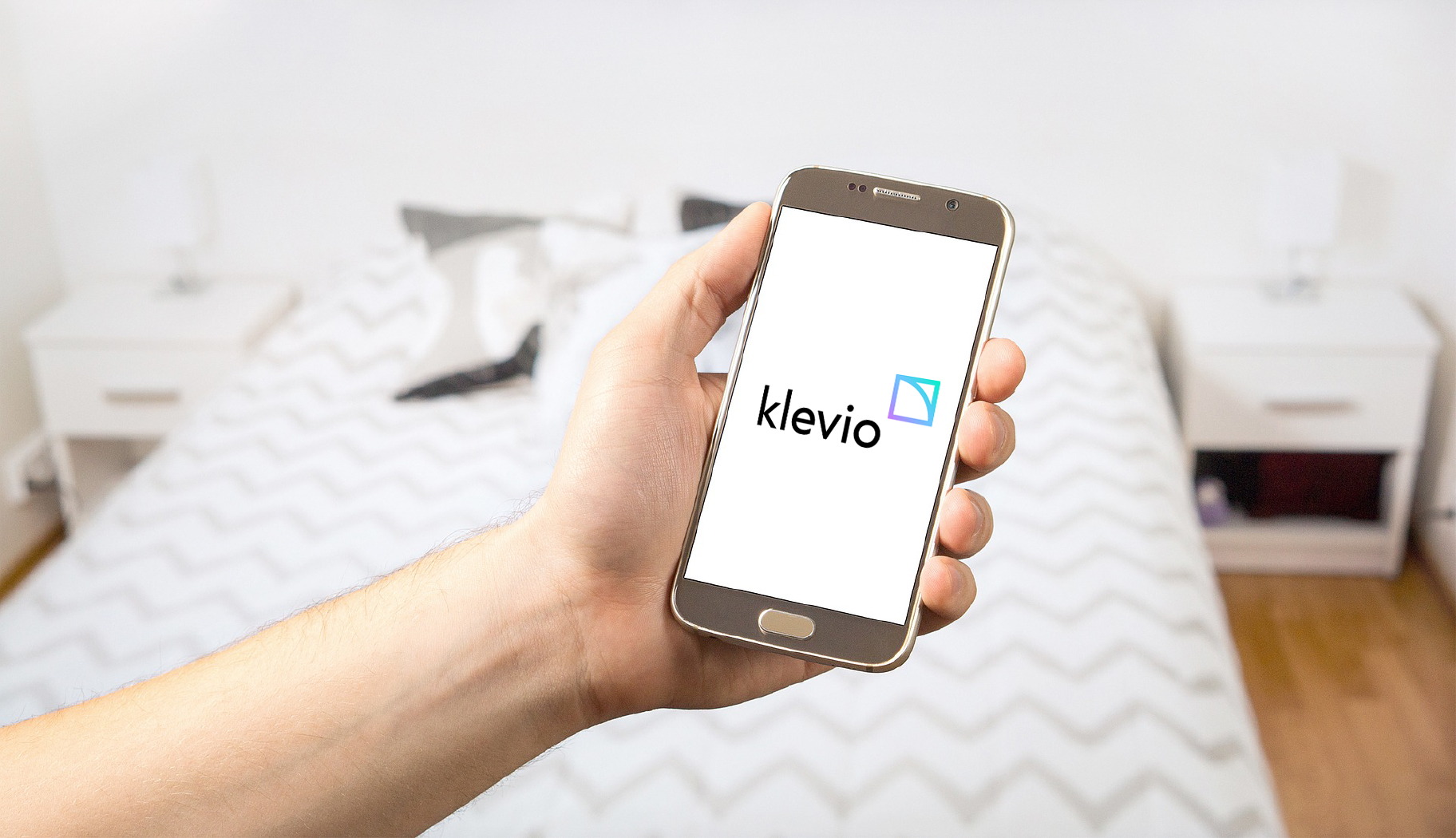
So while Klevio won’t ever be as cheap as a lock box we can confidently say that it beats them hands-down on all other fronts:
- Digital keys are safer than houses – With Klevio, you can share time-limited digital keys in advance that are only active for the duration of your guests’ stay and deactivate automatically at the exact time and date you set.
- No permission is required – Klevio is the only self check-in solution that can handle both private and communal doors, but it’s completely retrofitted, meaning you won’t need to make any changes to communal areas or ask anyone’s permission to install.
- Only you’ll know you’ve got it – Unlike lock boxes or smart locks, Klevio is designed to be discreet, because it’s installed inside your private property with no changes made anywhere else, making it invisible to everyone but you.
- Guests get the ‘Wow!’ factor – Instead of making them scramble around in search of a hidden lock box, Klevio lets you share digital keys in advance so they can experience the magic of opening your doors using their phone.
- Change-over days become fail-safe – At the end of each stay, you don’t have to worry about keys not returned to the lock box – digital keys can be issued and revoked at the touch of a button so changeover can be done in seconds.
Ultimately, there’s no contest – Klevio beats a lock box hands-down. So if you’re a host or short-let manager wanting to give your guests a knockout arrival experience, why not get in touch?

